Shootings by migrants and the human traffickers transporting them have taken place not only in Hajdukovo, but also in Kikinda (Nagykikinda), Palic (Palics), Horgos and Subotica (Szabadka), Bojan Soralov, head of the North Backa district, told Pannon RTV. It is worth noting here that in addition to the previous migrant relocation quota, the European Union would mandate Hungary to set up a migrant camp or migrant ghetto to accommodate tens of thousands of migrants, and Hungary would have to process asylum applications within 12 weeks.
Mandatory open-door policy
"The EU is pushing the idea that we cannot keep the doors of migrant ghettos closed or keep them guarded. Here too, the members of criminal organisations, mingled with the migrants, would seek to gain positions to control prostitution, drugs, arms and cigarette trafficking, just like in Serbia and various Western European countries. This leads to conflicts," Jozsef Horvath said. The expert highlighted that
in recent months, members of various criminal organisations have attempted to take submachine guns, ammunition and hand grenades across Hungary's southern border to deliver the weapons to Western Europe.
The weapons are intended for criminal gangs with migrant background there, he explained. "In Sweden, clashes between gangs using explosives and automatic weapons have almost become commonplace. Just recall the days of migrant rioting, nearing a civil war, in France where migrants opened fire at police officers with automatic weapons. Wherever there is a market demand, organised crime is quick to emerge to meet needs.
In the black market of the former Yugoslav states, Soviet-style weapons manufactured by former Yugoslav arms factories can be obtained relatively quickly and easily,
he said. The expert added that it cannot be ruled out that weapons could also come from Ukraine, but the chances of ex-Yugoslav organised crime selling weapons produced in former Yugoslavia are far higher. "We know that after the disintegration of Yugoslavia, the arms market worked with far less control, so individuals and criminal organisations possess significant quantities of weapons to this day. Criminal organisations engage in trading these weapons," he said.
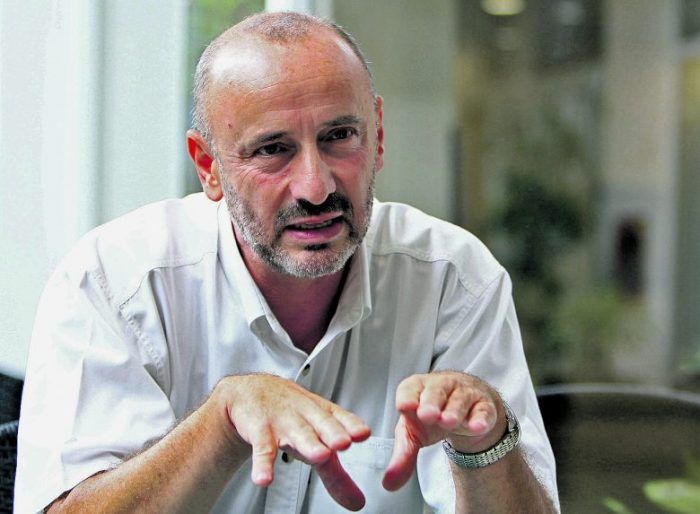
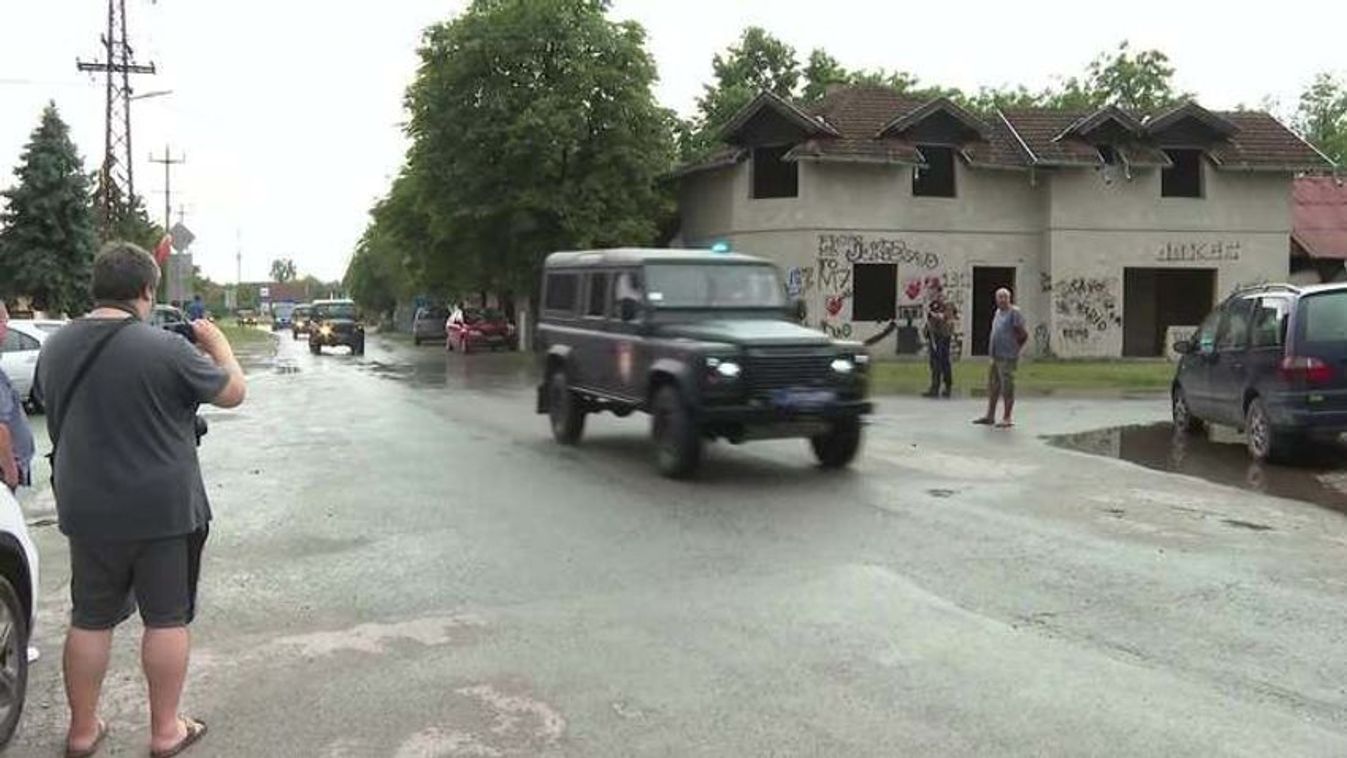
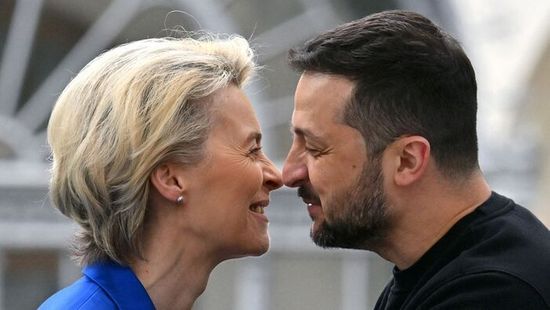
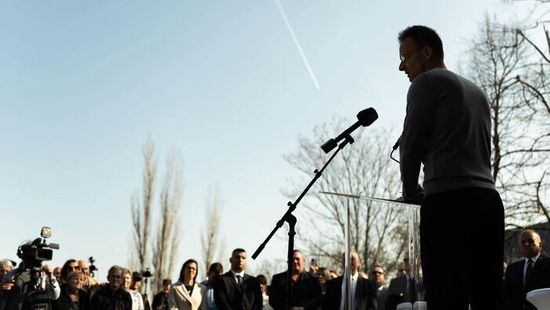
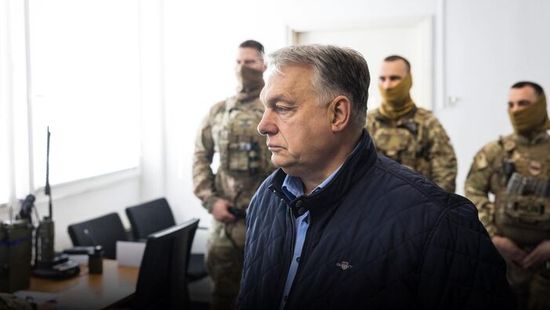


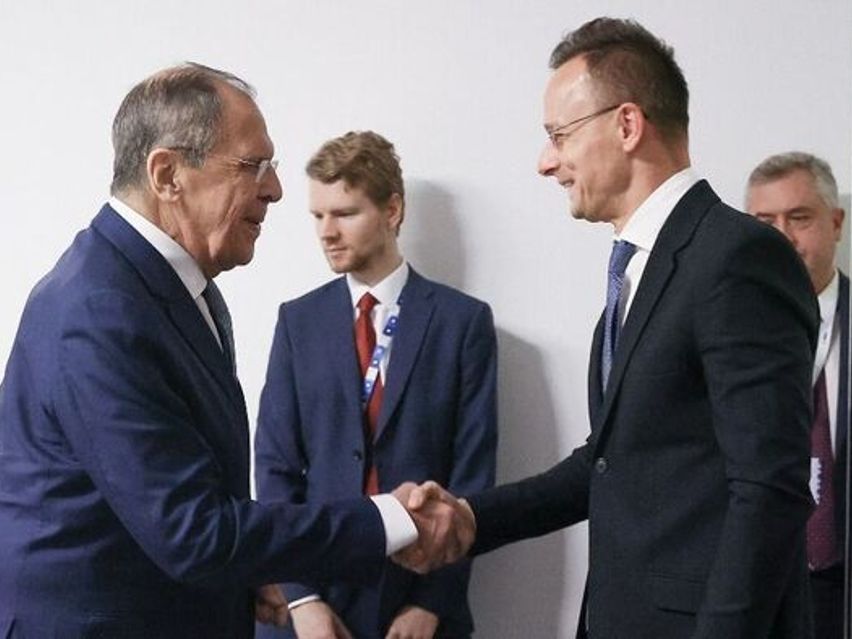


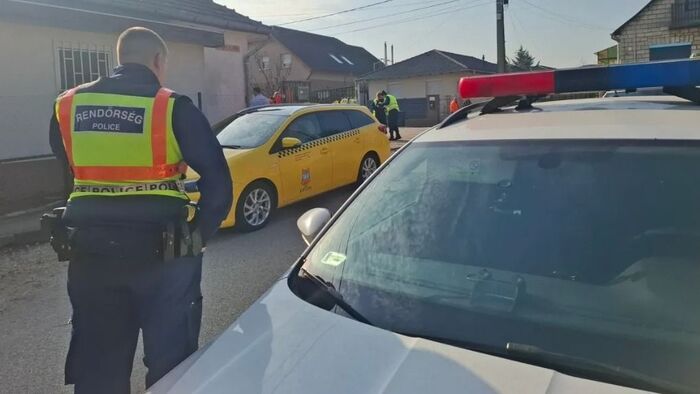

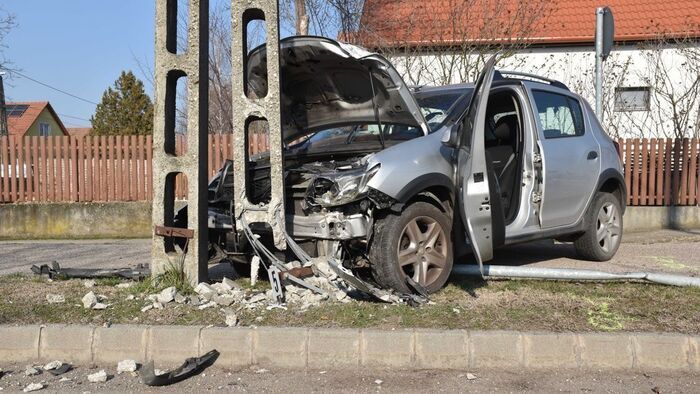

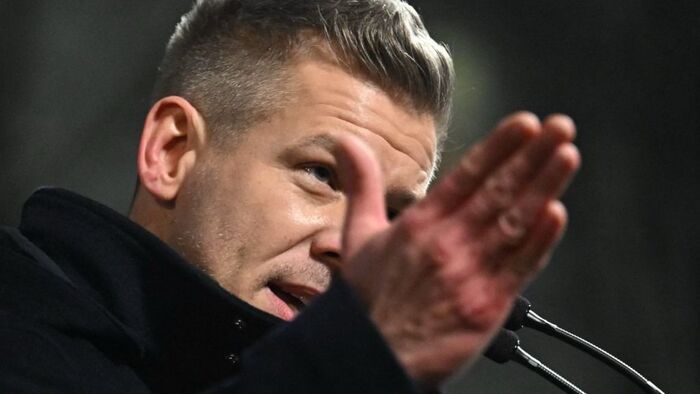
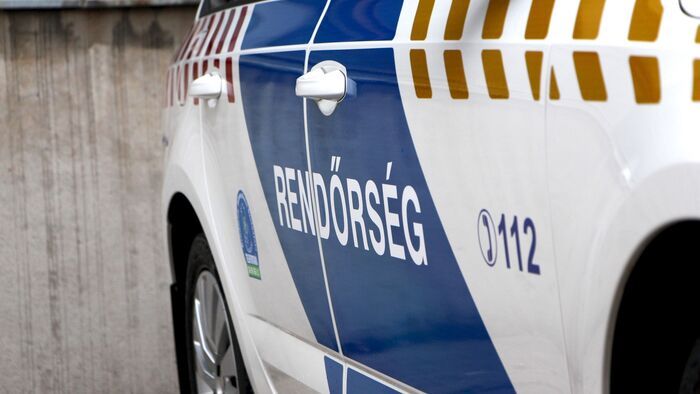

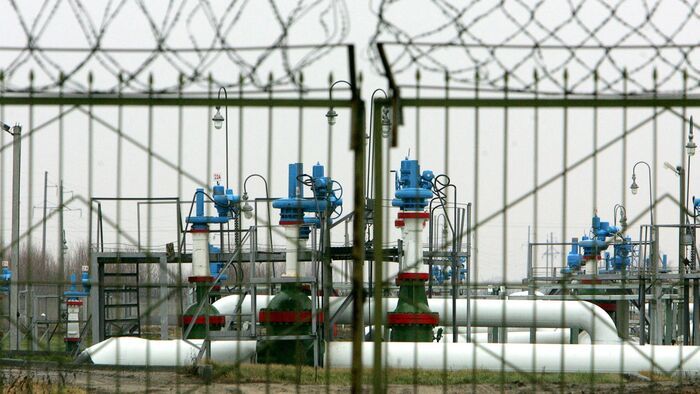
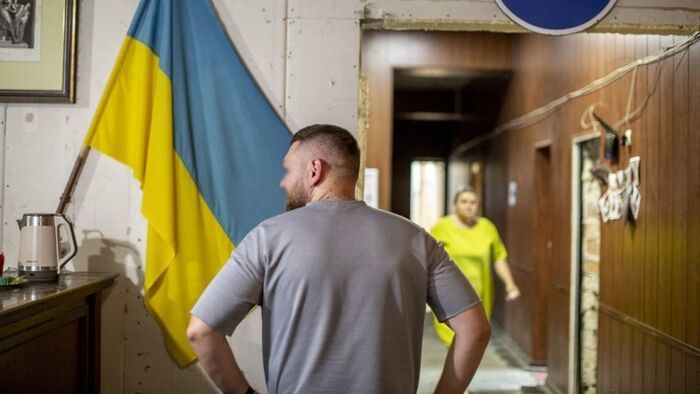





Szóljon hozzá!
Jelenleg csak a hozzászólások egy kis részét látja. Hozzászóláshoz és a további kommentek megtekintéséhez lépjen be, vagy regisztráljon!